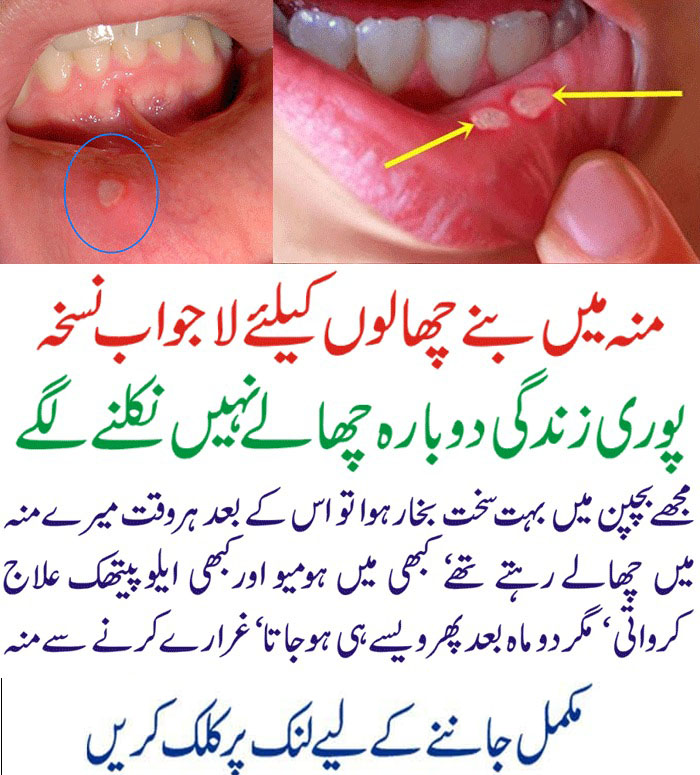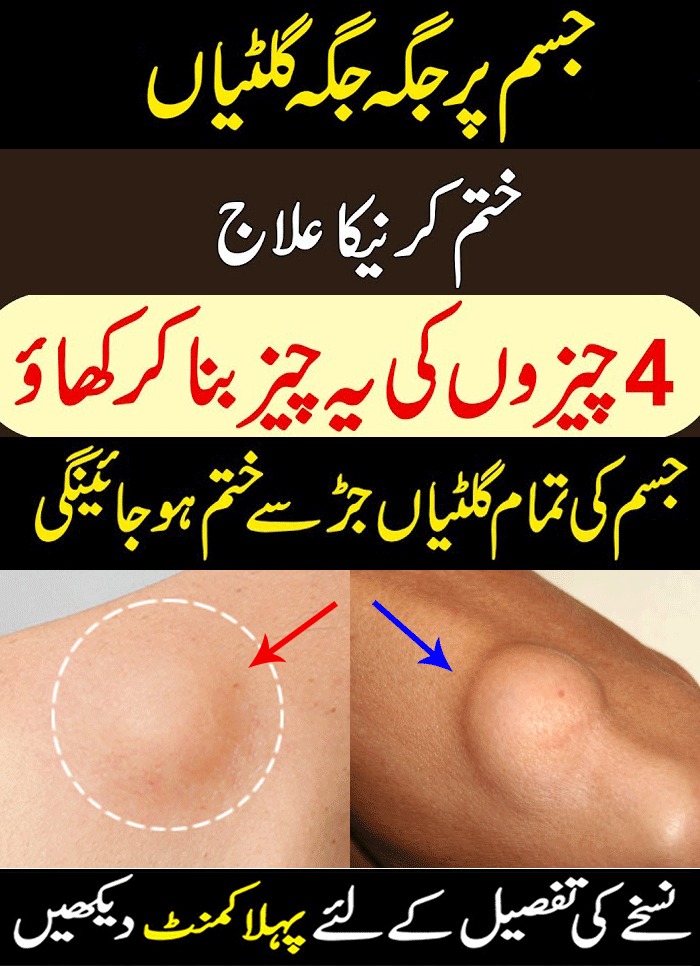London: Why is it that a mouth ulcer always feels enormous, yet when you peer at it in the mirror it turns out to be not much larger than a pinprick, albeit thousand times more painful? The trouble is, so many things can cause canker sores that it can be difficult to pinpoint exactly why they’ve taken up residence in your mouth. Before talking about the foods that can both lead to and alleviate mouth ulcers, there is an overlooked cause: toothpaste that contains sodium lauryl sulphate.
This is a foaming agent that is thought to wear away the mucin-containing mucus membrane, the protective layer that safeguards the gums, tongue and, in fact, everything inside the mouth. So if you are plagued by mouth ulcers, it may be worth avoiding toothpaste labelled as containing SLS and visiting your health-food store for a non-foaming alternative.
What to Eat to Beat Mouth Ulcers
Mouth Ulcer and Vitamin B12 Deficiency
Five Easy Solutions to All Your Digestive System Problems

Surprising Ways Garlic Boosts Your Health
Canker Sore Causes:
There are many things that cause these painful sores. Anxiety, stress, biting the inside of your cheek, and smoking are some typical reasons why you develop canker sores. What you eat is a huge contributor as well.
If you experience frequent mouth sores and they are not going away, this may have to do with your diet. It’s important to visit a dentist that knows how to identify the source of your canker sore problem and offer fast treatment. This way, you can get some professional advice that is also personalized to you.
2nd Cause:
Heavy periods can deplete your body’s iron stores and expose it to mouth ulcers, so it may help to boost your intake of iron-rich foods, such as green, leafy vegetables, pulses, meat and dried fruits. And if you’re suffering from other iron-deficiency symptoms, including feeling exhausted, fed up, pale and breathless, ask your doctor for a blood test to ascertain your iron status.
There can sometimes be a more serious reason for developing mouth ulcers, notably coeliac disease, an allergic condition that more commonly causes ulcers to develop in the intestines, resulting in digestive problems, although I have seen people with few digestive symptoms whose condition is betrayed by a mouth full of ulcers.
If you are diagnosed with coeliac disease, you’ll need to avoid gluten (the protein found in wheat and many other cereal products), the good news being that as soon as you do, your body will return to its normal, ulcer-free self. (Contact the Coeliac Society for details of gluten-free foods and products).
Other foods that can trigger an allergic reaction in the form of mouth ulcers include strawberries, tomatoes, dairy products, oranges and even Marmite, and if you suspect that any of these may be the source of your misery, keep a food-and-symptom diary for a few weeks to see if it confirms your suspicions before consulting a doctor or dietician for advice.
When your mouth does flare-up, the first thing to reach for is something of a mouthful in itself: diglcyrrhirisinated liquorice (DGL, available from health-food stores), which, by increasing the production of mucin, both soothes the ulcer and helps it to heal more quickly.
Alternatively, break open a vitamin E capsule and gently dab the contents onto the ulcer or else rub a little set of honey, a crushed sage leaf or a peeled garlic clove – all-natural antiseptics – over the sore.
If raw garlic doesn’t appeal, try switching to garlic-rich dishes, along with soft, non-acidic foods, such as my omelette, mashed potatoes, soufflés or mild, sauce-based foods like spaghetti carbonara, but avoid such acidic foods as citrus fruits, tomatoes, vinegar, pickles and ketchup while you’re waiting for the ulcer to clear up.
Having a daily pot of natural live yoghurt containing lactobacillus, acidophilus or bifida bacteria can speed your recovery, too, while some of my patients have found cranberry juice (which is especially soothing when combined with ice cubes) a useful ally when they’re feeling run down, overly stressed or otherwise vulnerable to a mouth-ulcer attack. daily mail



